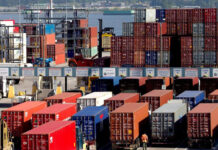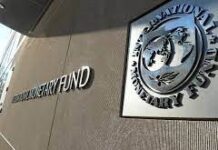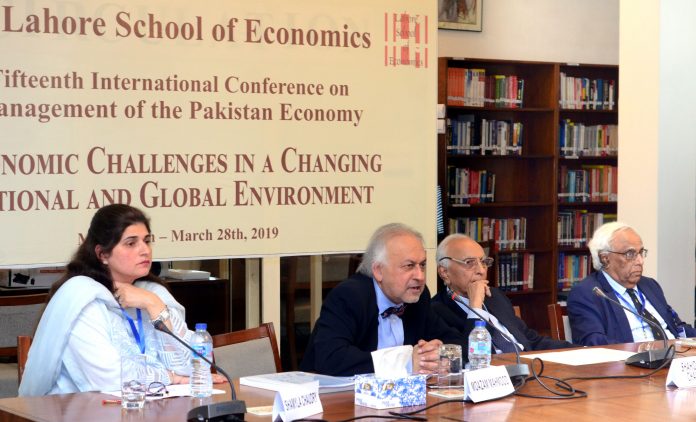- Rector says govt needs to introduce comprehensive reforms to promote macroeconomic stability and foster long-term sustainable growth
LAHORE: The Lahore School of Economics (LSE) inaugurated its two-day ‘Fifteenth Annual Conference’ at its Main Burki Campus on Wednesday.
This year’s conference, titled ‘Annual Conference on Management of the Pakistan Economy’ was held on the theme ‘Economic Challenges in a Changing National and Global Environment’.
The conference includes six sessions aimed to investigate key challenges that the Pakistani economy was facing, especially on fiscal fronts. More precisely, the regular sessions during the conference would include 21 papers.
The conference opened with welcome remarks by LSE Rector Dr Shahid Amjad Chaudhry, who extended a warm welcome to the esteemed audience, which included eminent scholars, policymakers, academicians, students and other dignitaries.
Earlier, in his introductory remarks, the LSE rector stated that the key challenges faced by Pakistan’s economy included the burgeoning fiscal and current account deficits, inadequate revenue generation, and sluggish economic growth.
“In order to address these challenges, the government needs to introduce measures to boost revenue, contain the current account deficit and revive economic growth,” he suggested. “Going forward, together with the short-run policy adjustments in the form of monetary tightening, exchange rate adjustment and negotiating a bailout package with IMF to restore market confidence and secure medium to long term funding for balance of payments support, the government needs to introduce comprehensive reforms to promote macroeconomic stability and foster long term sustainable growth.”
Talking about the conference, he briefly introduced the audience to the six sessions of the conference, where a wide range of views would be shared by the participants. These included macroeconomic stability; public finance in Pakistan; balance of payments challenges; trade policy; and the prospects of CPEC to name a few.

























